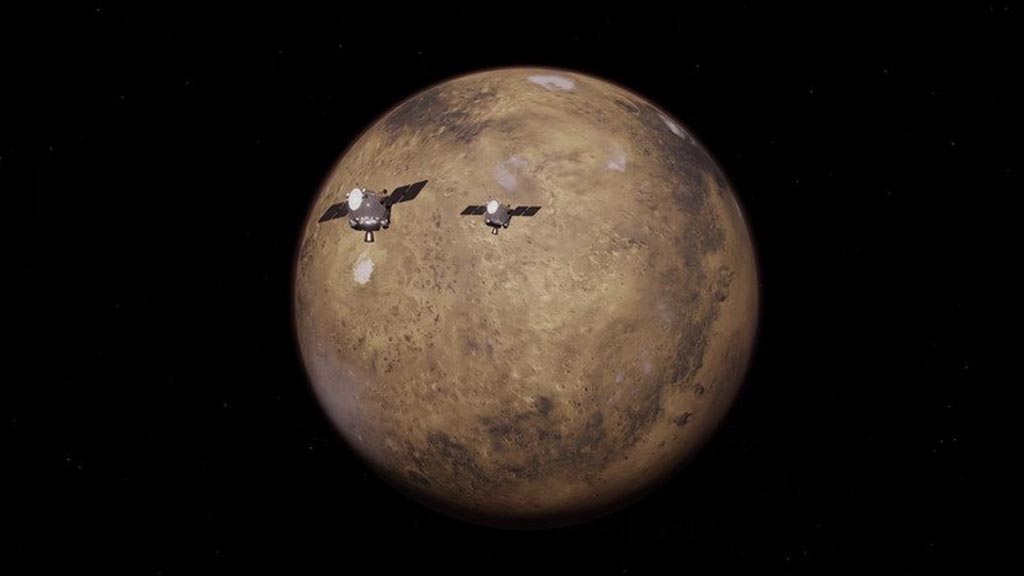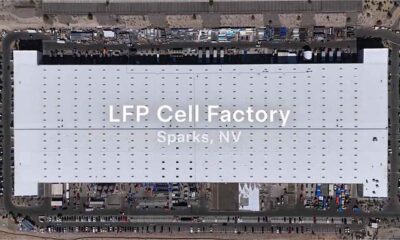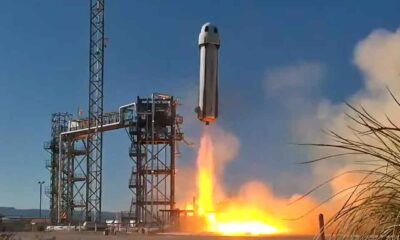Space
NASA delays ESCAPADE Mars satellites launch to 2025

NASA has delayed the ESCAPADE (Escape and Plasma Acceleration and Dynamics Explorers) mission launch to Spring 2025 due to some reasons.
In late August, NASA announced it would launch the two Mars-orbiting ESCAPADE satellites no earlier than October 13. The agency initially picked the maiden Blue Origin’s New Glenn flight for this mission.
The new decision is based on a launch preparation review and discussion with Blue Origin, FAA, Space Launch Delta 45 Range Safety Organization and Launch Services Program, and other involved mission partners.
It could help to avoid extra flight costs, schedules, and technical challenges around removing fuel from the spacecraft during the launch delay.
ESCAPADE mission includes two similar satellites that will study Mars’s atmosphere. It will observe how the energy and momentum are transported from the solar wind through the magnetosphere and what processes control the flow of energy and matter into and out of Mars’ atmosphere.
The mission will fly two orbiters that will take simultaneously observations of different locations. NASA confirmed that the alignment of Earth and Mars is important for the launch and the liftoff window is crucial to achieve the right trajectory.
It means that small schedule changes can result in months-long delays. However, a new launch date will be announced somewhere in Sring 2025.
“This mission can help us study the atmosphere at Mars — key information as we explore farther and farther into our solar system and need to protect astronauts and spacecraft from space weather,” said Nicky Fox, associate administrator for science at NASA Headquarters in Washington. “We’re committed to seeing ESCAPADE safely into space, and I look forward to seeing it off the ground and on its trip to Mars.”












